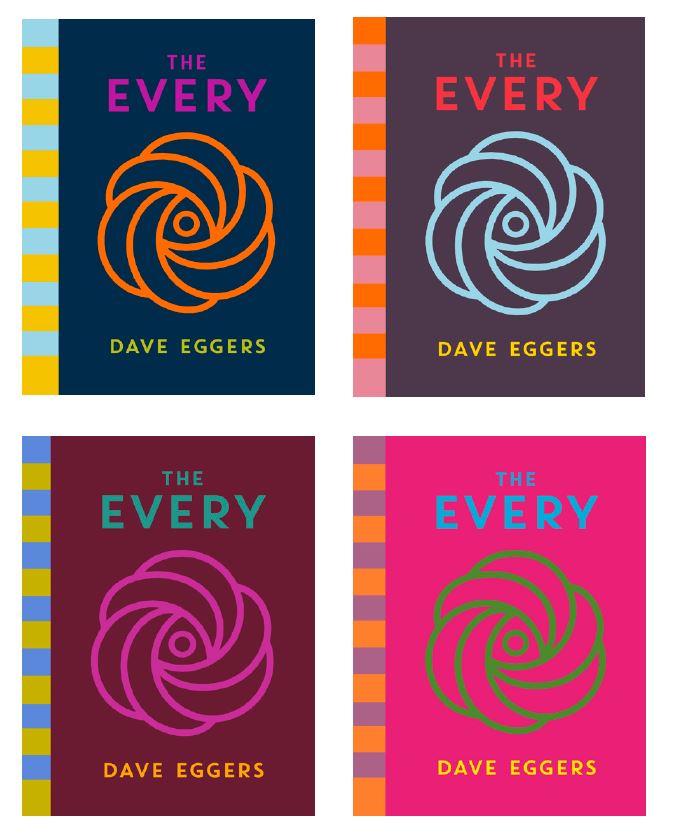Zimbabwean novelist, playwright, filmmaker and activist Tsitsi Dangarembga won the PEN Pinter Prize, which is awarded annually to "a writer of outstanding literary merit resident in the U.K., the Republic of Ireland, the Commonwealth or former Commonwealth, who, in the words of Pinter's Nobel Prize in Literature speech, casts an 'unflinching, unswerving' gaze upon the world and shows a 'fierce intellectual determination... to define the real truth of our lives and our societies.' "
The prize will be shared with an International Writer of Courage, "a writer who is active in defense of freedom of expression, often at great risk to their own safety and liberty." The co-winner, selected by Dangarembga from a shortlist of international cases supported by English PEN, will be announced at a ceremony hosted by British Library and English PEN on October 11, where Dangarembga will also deliver her keynote address
"I believe that the positive reception of literary works like mine helps to prove that we can unite around that which is positively human," she said.
Prize judge Claire Armitstead said Dangarembga "has had an unusual and exemplary career as a writer, filmmaker and activist, who has made things happen for other people as well as achieving in her own right. Through her trilogy of novels, starting with Nervous Conditions in 1988 and culminating 30 years later in her fine, Booker shortlisted This Mournable Body, she has charted the development of Zimbabwe from a British colony to an autocratic and troubled free state. In doing so, she has held a magnifying glass up to the struggles of ordinary people, in so many parts of the world, to lead good lives in the increasingly corrupt and fractured new world order. Hers is a voice we all need to hear and heed."
Judge Ellah P. Wakatama added that Dangarembga's "work through her books, activism and films demonstrates diligence, stoicism, and the ability to capture and communicate vital truths even amidst times of upheaval. It is an honor to join my colleagues in raising up the voice of a woman whose words have written the story of my country of birth with a clarity, bravery and honesty that is a rare and precious gift."
Judge Andrew McMillan commented: "When Nervous Conditions was published in 1988, it was the first novel to be published in English by a black woman from Zimbabwe; here's to our bookshelves, our syllabuses and our collective imaginations being full of many more, from current and future generations, in the years to come."
---
Sudhir Hazareesingh has won the £40,000 (about $56,442) Wolfson History Prize, which recognizes a work of historical nonfiction that "combines excellence in research and writing, with readability for a general audience," for Black Spartacus: The Epic Life of Toussaint Louverture.
David Cannadine, chair of the prize's judging panel, said Black Spartacus "vividly recreates the extraordinary career of the leader and hero of the Haitian Revolution, which reverberated far beyond that island and far beyond the Caribbean. This is an erudite and elegant biography with a message that resonates strongly in our own time, and we extend our warmest congratulations to Sudhir Hazareesingh."
"Completing this book made me realize more acutely than ever how much the writing of history is a collective effort, resting on the accumulated wisdom from current and previous generations," said Hazareesingh, "and I would like to dedicate this award to the Haitian people, and to all the scholars who have helped give the Saint-Domingue revolution, this landmark event in the fight for emancipation and dignity, the prominence it deserves.”
Paul Ramsbottom, chief executive of the Wolfson Foundation, said: "Never have the aims of the Prize been more necessary than in these days of challenge and uncertainty. Sudhir Hazareesingh's remarkable book is a sparkling example of the role history can play in society today and, in particular, the importance of shining a light on the often-overlooked experiences of the past."
 "I am extremely grateful to be here to tell you how essential libraries have been to me in my life. Mine is a happier ending than I could ever have imagined for myself, for a kid from a background like mine. And that is thanks to libraries. It is thanks to librarians. It's genuinely no overstatement to say I don't think I'd be alive today without libraries....
"I am extremely grateful to be here to tell you how essential libraries have been to me in my life. Mine is a happier ending than I could ever have imagined for myself, for a kid from a background like mine. And that is thanks to libraries. It is thanks to librarians. It's genuinely no overstatement to say I don't think I'd be alive today without libraries....








 The hardcover version of Dave Eggers's new novel The Every, a follow-up to his 2013 bestseller The Circle, will be available only from independent bookstores,
The hardcover version of Dave Eggers's new novel The Every, a follow-up to his 2013 bestseller The Circle, will be available only from independent bookstores, 


 After months of intense lobbying, the Dutch Booksellers Association "is looking forward to the results of Dutch government discussion on the establishment of the
After months of intense lobbying, the Dutch Booksellers Association "is looking forward to the results of Dutch government discussion on the establishment of the 

 Crosby, who spent his childhood in Orem, Lindon and Magna, Utah, credited the King's English, along with Sam Weller's Bookstore (now Weller Book Works) and the Orem Public Library "for my book addiction, my love of reading.... It just felt so good to be surrounded by books and nice people. I was darker than a lot of people, and I'm also gay. So to go to a place where none of that mattered, having that safe place, was everything to me."
Crosby, who spent his childhood in Orem, Lindon and Magna, Utah, credited the King's English, along with Sam Weller's Bookstore (now Weller Book Works) and the Orem Public Library "for my book addiction, my love of reading.... It just felt so good to be surrounded by books and nice people. I was darker than a lot of people, and I'm also gay. So to go to a place where none of that mattered, having that safe place, was everything to me." Author Kim Harrison stopped by her local bookstore,
Author Kim Harrison stopped by her local bookstore,  The Books-A-Million store in Bangor, Maine, recently acquired some unexpected neighbors: "Next time you visit us, please be mindful of our new friends growing here!" the store posted on Facebook. "
The Books-A-Million store in Bangor, Maine, recently acquired some unexpected neighbors: "Next time you visit us, please be mindful of our new friends growing here!" the store posted on Facebook. " She's here for a while. The turtle eggs may take six to 12 weeks to hatch. Staff member Alexis Wagner told WABI: "
She's here for a while. The turtle eggs may take six to 12 weeks to hatch. Staff member Alexis Wagner told WABI: " The Brittanys
The Brittanys Inside Comedy: The Soul, Wit, and Bite of Comedy and Comedians of the Last Five Decades is unpolished, repetitive, digressive and occasionally braggadocious. This is arguably a felicitous approach to stand-up legend David Steinberg's splendid subject: the unpredictable, ego-driven, and literally and figuratively improvisational world of comedy in the latter half of the 20th century.
Inside Comedy: The Soul, Wit, and Bite of Comedy and Comedians of the Last Five Decades is unpolished, repetitive, digressive and occasionally braggadocious. This is arguably a felicitous approach to stand-up legend David Steinberg's splendid subject: the unpredictable, ego-driven, and literally and figuratively improvisational world of comedy in the latter half of the 20th century.